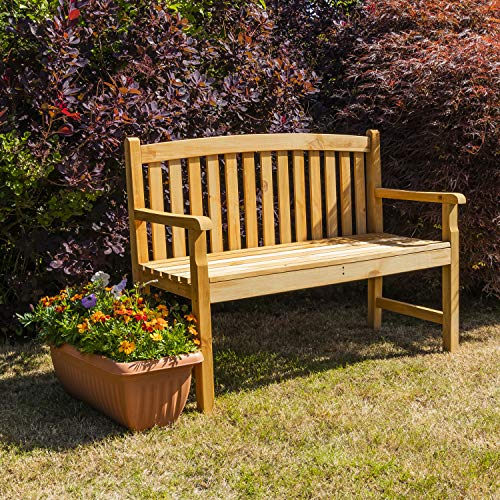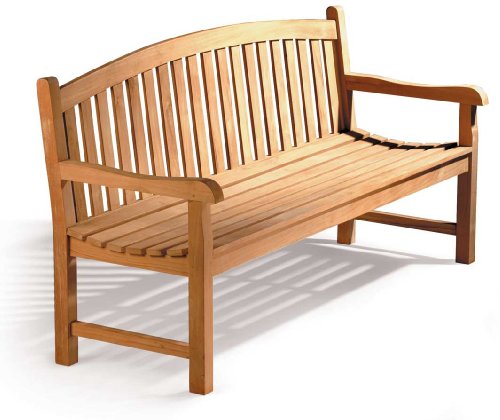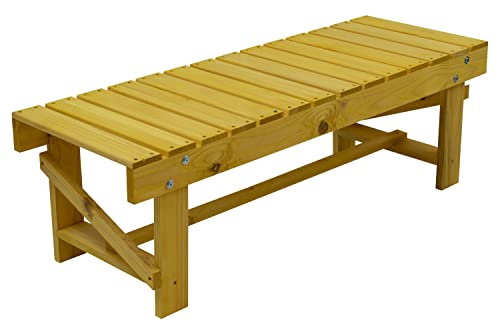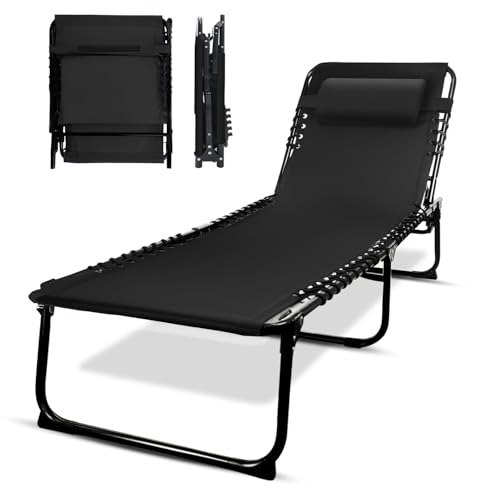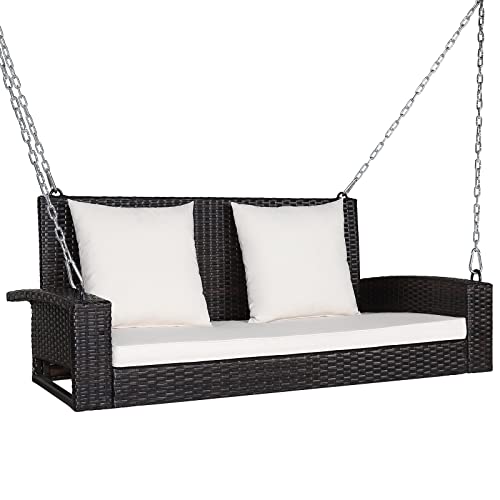Introduction to Wooden Garden Benches
The Beauty of Wooden Garden Benches
When we think of wooden garden benches, we often picture serene outdoor spaces where we can relax and appreciate nature. These benches serve as functional furniture pieces while adding aesthetic appeal to our gardens. Their natural look blends seamlessly with greenery and flowers, creating a warm and inviting atmosphere for both leisurely afternoons and social gatherings.
Why Choose Wooden Over Other Materials?
Wooden benches are often preferred for their classic charm and durability. Unlike metal or plastic alternatives, wood provides a timeless elegance that complements various garden designs, from rustic to modern. They also offer comfort and warmth, making them the ideal seating option for enjoying the outdoors.
Choosing the Right Style for Your Garden
Understanding Your Garden’s Aesthetic
Before selecting a wooden garden bench, let’s consider your garden’s style. Is your garden lush and overgrown with flowers, or more structured with neatly trimmed hedges? For a classic cottage garden, a traditional design with intricate detail might be ideal. For a minimalist modern garden, a sleek, simple bench could enhance the overall look.
Size Matters: Finding the Right Fit
Another important aspect is the size of the bench. Measure the space where you plan to place the bench, ensuring it fits comfortably without overcrowding your garden. A longer bench can provide ample seating for gatherings, while a smaller one can serve as a charming accent to a quieter corner.
Materials that Matter: Understanding Wood Types
Common Wood Types for Garden Benches
One of the key decisions when choosing a wooden bench is the type of wood. Hardwoods like teak, eucalyptus, and oak are known for their durability and natural resistance to weather and insects. On the other hand, softwoods like pine and cedar are more affordable but may require more maintenance over time.
Pros and Cons of Various Woods
Teak is a popular choice due to its rich colour and impressive longevity, often lasting decades with proper care. Eucalyptus is also durable but may need more frequent oiling to maintain its appearance. Pine is lightweight and often the most affordable but is less resistant to rot unless treated. Understanding these characteristics will help us make an informed choice.
Care and Maintenance Tips for Longevity
Regular Cleaning is Essential
To extend the life of our wooden garden benches, regular cleaning is crucial. We should use a soft cloth and mild soap to wipe away dirt and debris, ensuring that the wood remains unblemished. Avoid harsh chemicals that could damage the finish.
Protecting Against the Elements
In addition to cleaning, applying a protective sealant or wood oil at least once a year can help safeguard against moisture and UV damage. For regions with harsh winters, consider covering the bench or moving it to a sheltered area to prevent frost damage.
Top Recommendations for Wooden Garden Benches
Selecting the Best Options for Our Needs
When looking for wooden garden benches, it’s beneficial to consider popular models that combine quality and style. Look for benches made from high-quality hardwoods with sturdy construction, ensuring they can withstand outdoor conditions. Alternatively, some brands offer attractive softwood benches treated for durability. Opt for designs that include features like built-in storage or foldable options to enhance functionality.
Budgeting Wisely for Quality
While it’s tempting to select the cheapest option, investing in a higher-quality bench will pay off in the long run through durability and style. We can find a wide range of prices, but setting a reasonable budget will help us narrow down our choices without sacrificing quality.


